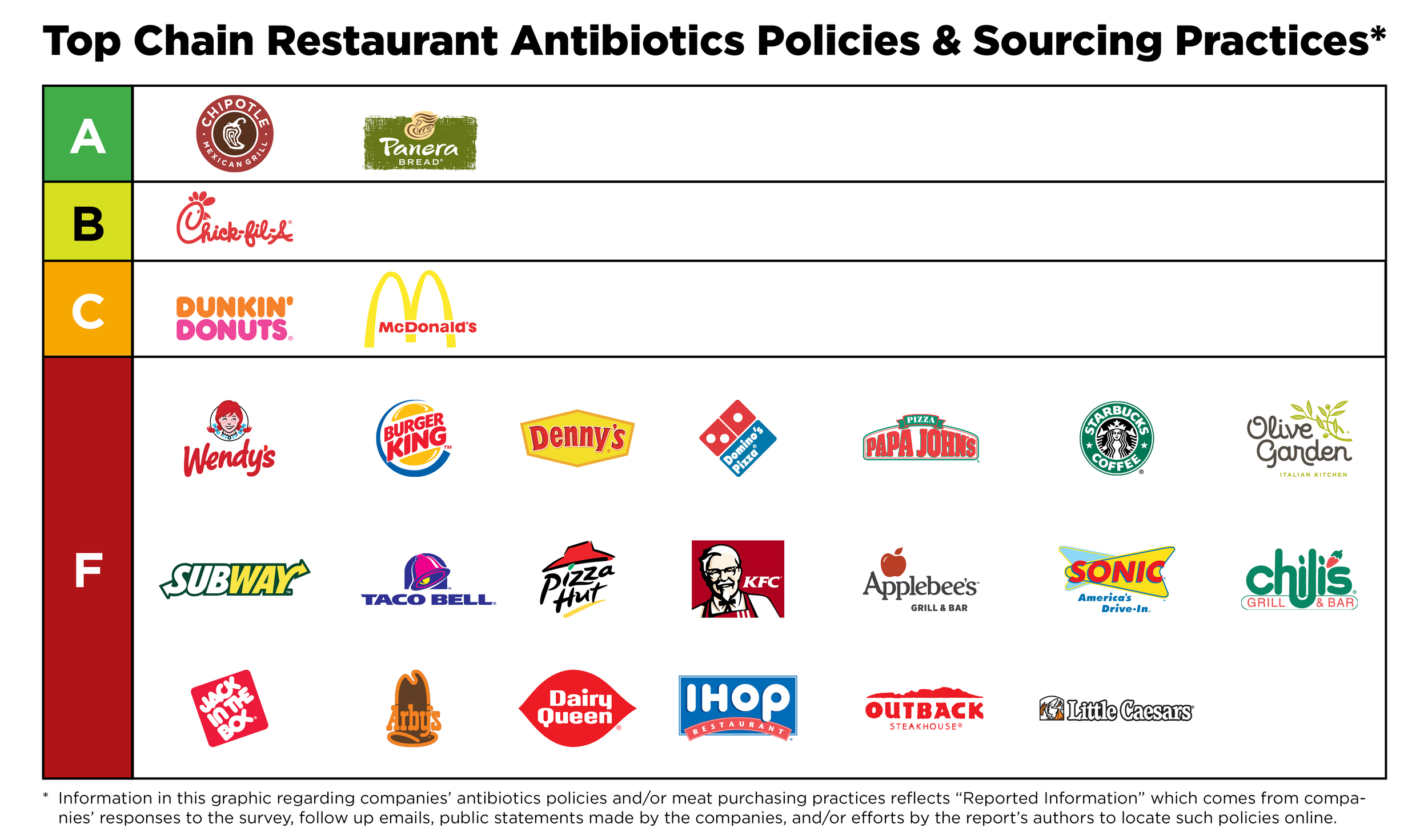Eating potatoes may raise your risk for high blood pressure according to a new study released by the British Medical Journal. The study found that having a potato 4-6 times per week increased the risk of hypertension by 11 percent, but if they were french fries, then that risk was increased to 17 percent.
Why is this?
Potatoes are an easily digested starch and breaks down quickly in the body. This results in a rapid spike in blood sugar, which results in inflammation and blood vessel changes, which may be the cause for the elevated blood pressure. This reflects a 2014 study that found that sugar is much more important for blood pressure regulation than salt.
Have a Love of Potatoes?
Check out these alternative recipes, packed with phytonutrients, fiber, and flavor, without the potatoes.
Mashed "Potatoes"
1 large cauliflower
4 TBSP butter, earths balance, or ghee (approx 1/4 cup)
Pinch of Salt
Pinch of Pepper
1-2 cloves of mashed garlic
1 TBSP coconut flour (this is a thickener)
2 TBSP fresh chives or green onions
- Cut the cauliflower florets into 1/2 inch size pieces
- Steam the cauliflower in 1/3 cup of water in a large skillet, covered, until translucent (approximately 10-20 minutes). Drain well.
- Placed the cauliflower florets and butter (or alternative butter) in a food processer until a smooth consistency is reached. Add salt, coconut flour, pepper, and garlic, then puree again. Taste for seasoning.
- Plate or transfer to a bowl, sprinkle with chives/onions and serve.
TIP: if you have trouble pureeing initially, add some coconut/almond milk to the food processor
Carrot Fries
Bag of carrots
2-3 TBSP olive Oil
Salt and Pepper to taste
- Preheat oven to 425
- Peel and slice carrots into french fry shapes
- Toss with olive oil, salt and pepper, arrange in a single layer on baking sheet. Using baking paper helps so they don't stick
- Bake for 10 minutes, then flip each fry. Continue to cook until slightly crispy
- Serve
Sweet Potato Hash Browns
2-3 Large sweet potatoes, peeled and cut into 1cm cubes
3 TBSP olive oil
1 Onion, diced
1 Red bell pepper, chopped
1/4 cup green onions, chopped
2 cloves of garlic, mashed
1 tsp Paprika
1 TBSP Sriracha sauce
Salt and Pepper
1/4 tsp Red pepper flakes
- Coat sweet potato cubes in olive oil, place on a single layer on a baking sheet and bake at 350 degrees, stirring frequently. Bake until golden brown (approximately 25 min)
- Meanwhile, saute onions, garlic, peppers in a large skillet with 1 TBSP olive oil until tender. Season with salt and pepper to taste. Sprinkle with paprika, red pepper flakes, and stir in sriracha sauce.
- Remove sweet potatoes from the oven, mix with the sauteed vegetables. Top with green onions for garnish.




